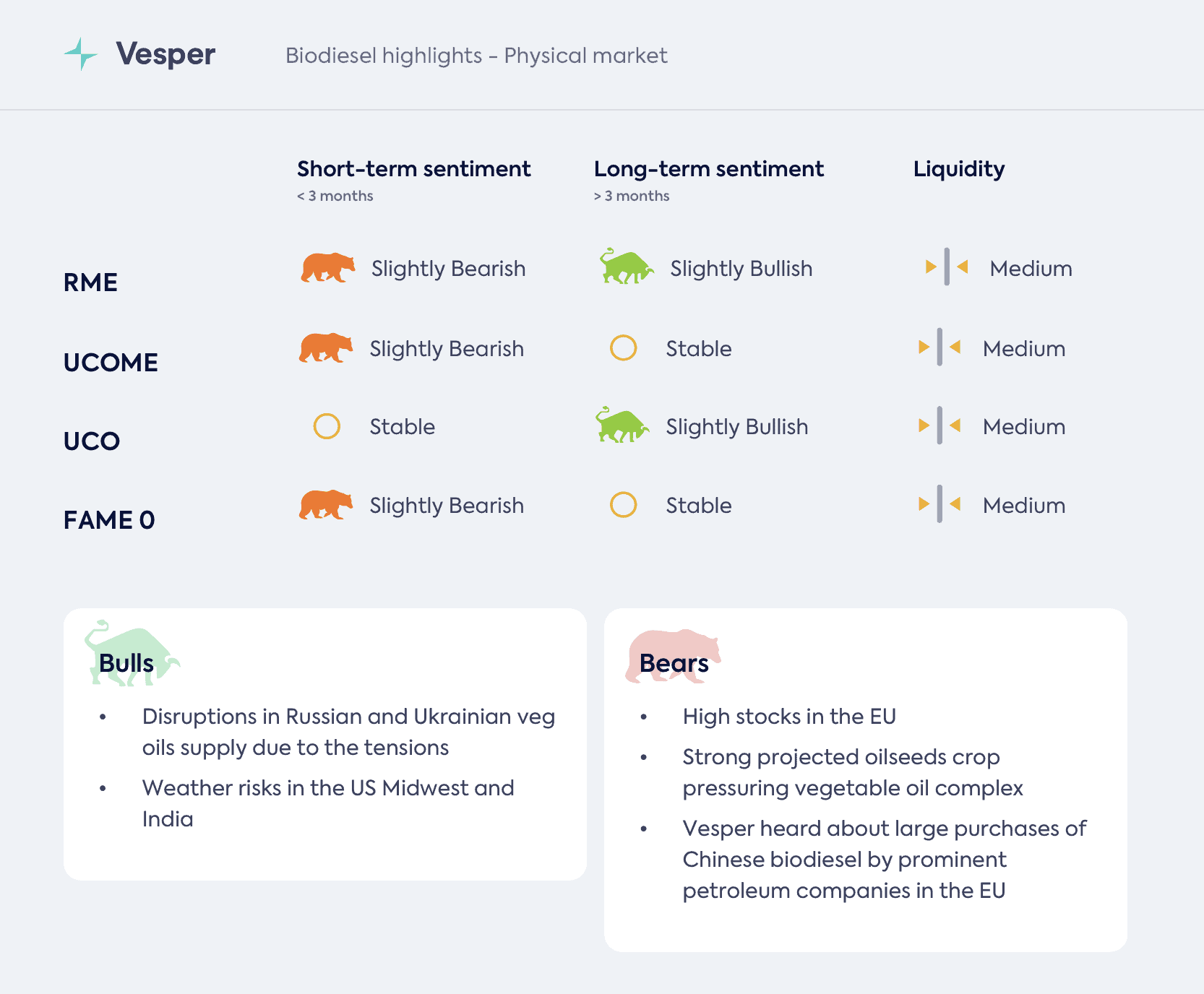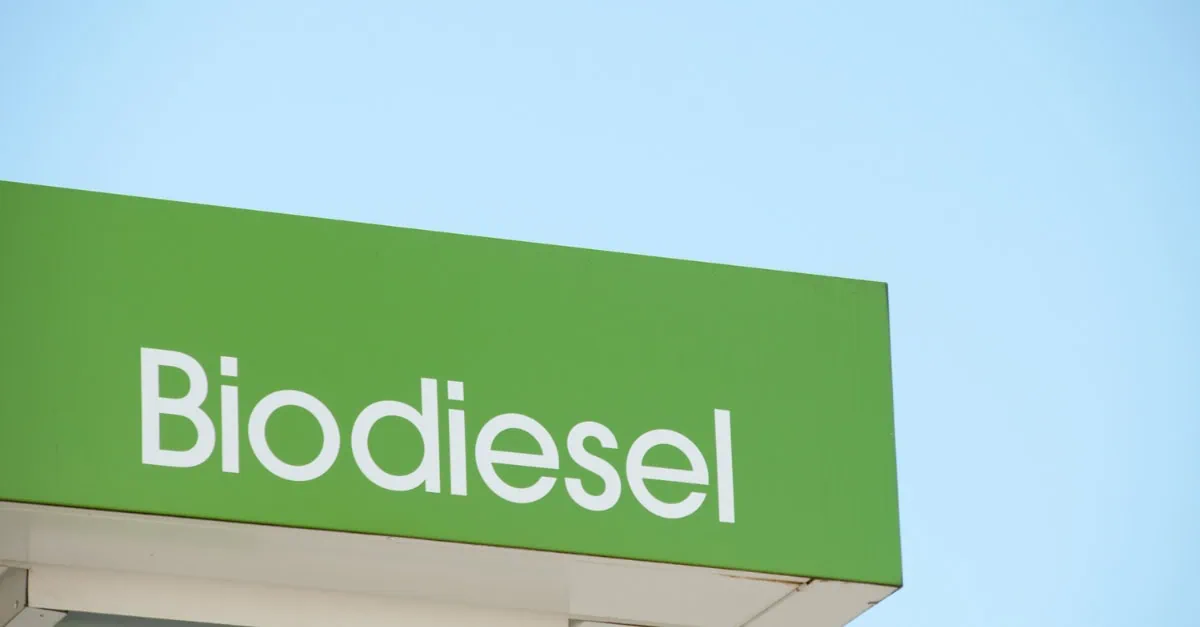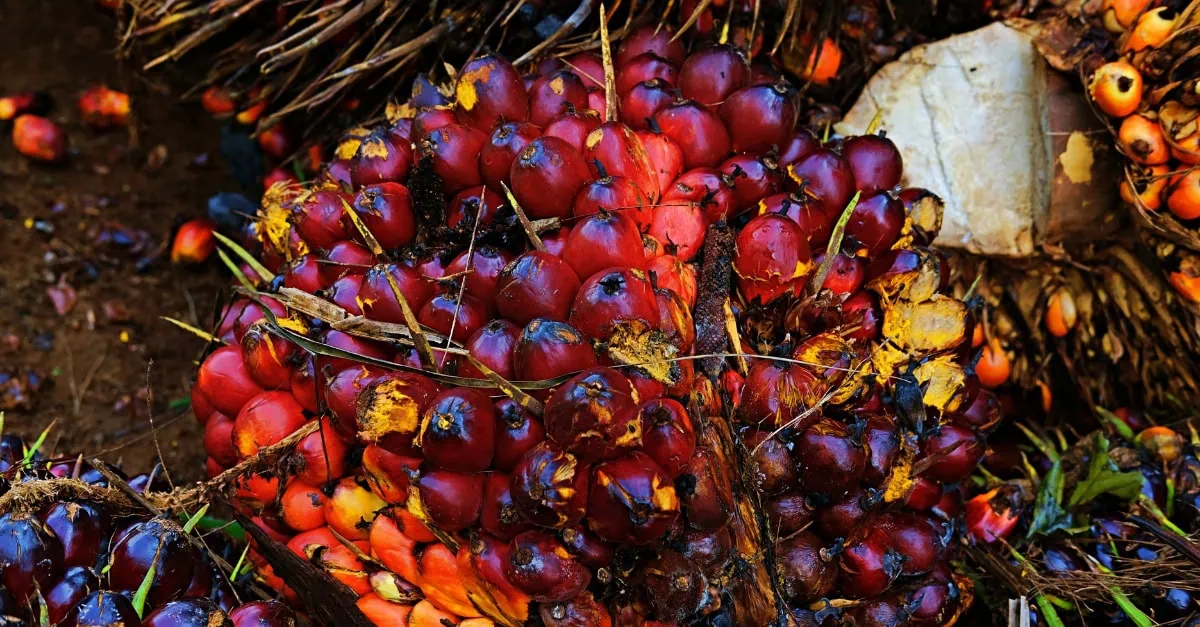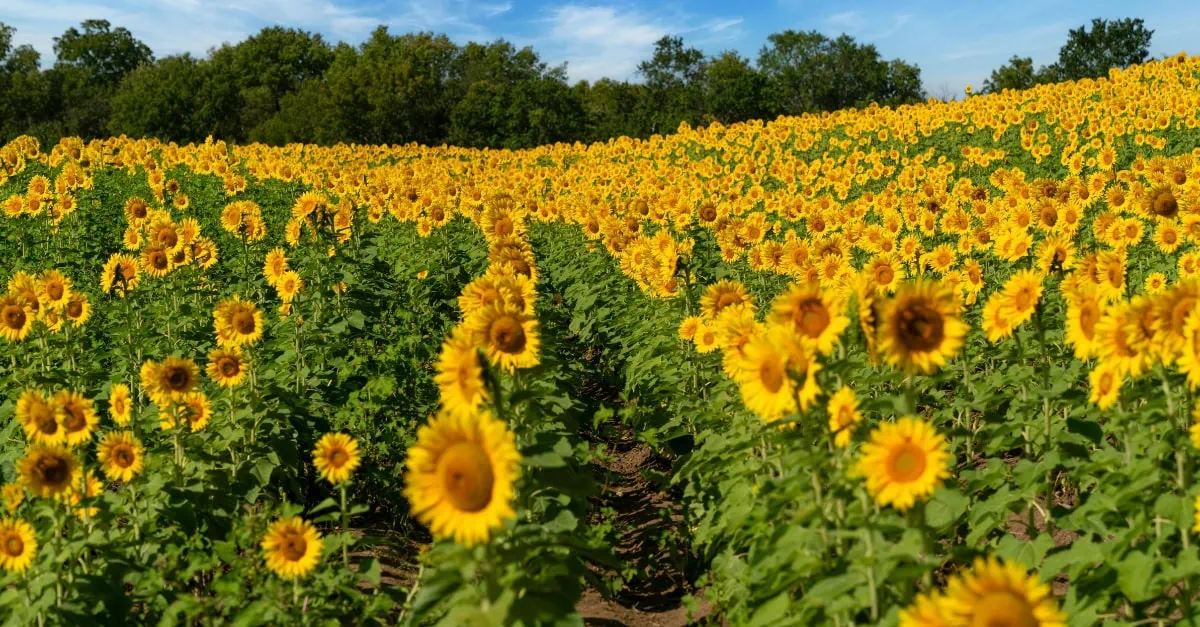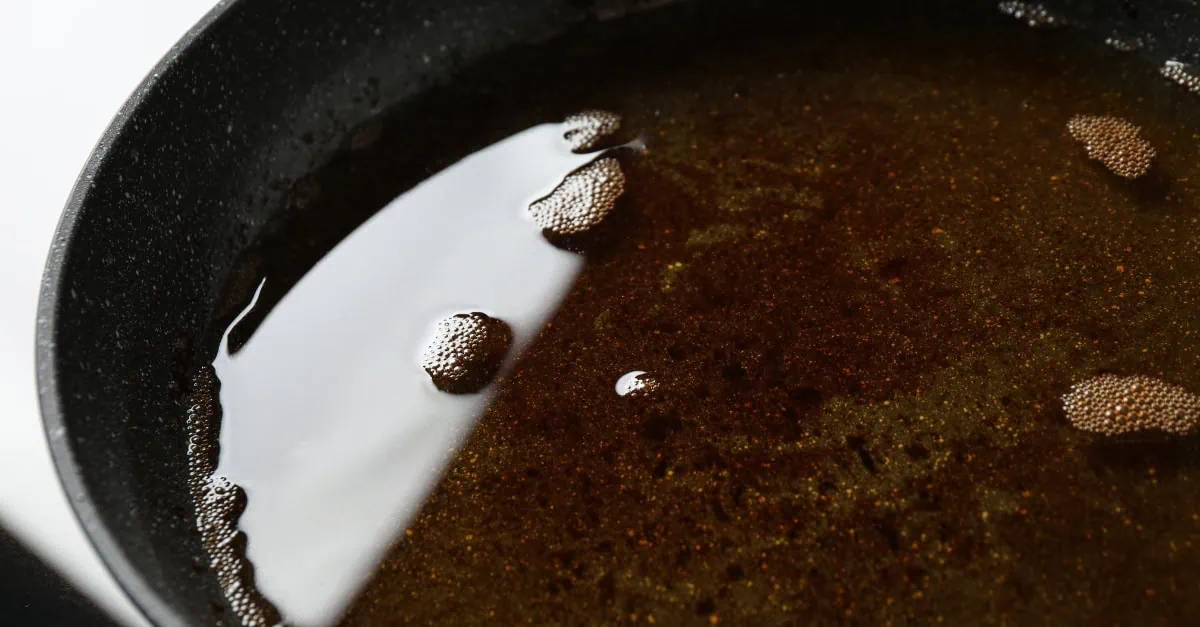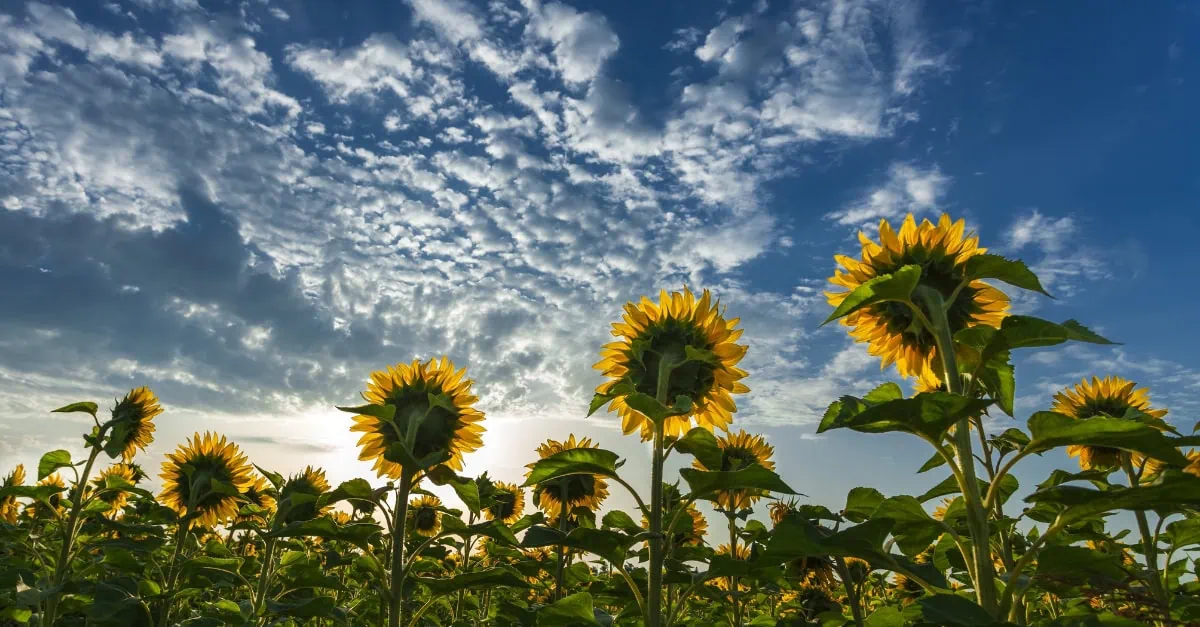Finnish biofuels producer Neste has decided to slow down its production ramp-up of renewable diesel and sustainable aviation fuel (SAF) in Singapore due to ongoing equipment repairs. They had aimed to increase output from 1.3 million tons per year to 2.6 million tons per year by the end of 2023 but had to halt production from June to August for unexpected equipment repairs. This situation is expected to result in a 100,000-ton drop in sales during the second half of 2023, mainly impacting fourth-quarter sales. Neste is currently the sole producer of HVO and SAF in Singapore, exporting to the US and European markets. Prices for these fuels have risen recently due to higher demand and stronger oil product values.
Tip: take a look at our free to use oils and fats calculators, to for example calculate the biodiesel blend rate (BBR).
Neste has challenged assertions made in the USDA Biofuels Annual Report on China, dated September 1, which suggested that Neste received fraudulent used cooking oil (UCO) volumes at its Singapore biorefinery. The report specifically mentioned the export of virgin palm oil from Indonesia, fraudulently labeled as UCO via China. Neste takes such suspected fraud seriously and conducts thorough laboratory analyses of UCO volumes from China. Their recent analyses did not support the USDA’s claims, and Neste believes the reference to them in the report is either a mistake or a misunderstanding. Neste ensures traceability and sustainability in its supply chains and does not import conventional biofuels or renewable diesel from China or Indonesia to Europe. They produce their renewable products at their own refineries. This clarification comes in the context of growing concerns about fraudulent labeling of advanced biodiesel imports into Europe from China.
Earthjustice, representing the National Wildlife Federation, has filed a petition in the U.S. Court of Appeals challenging the Environmental Protection Agency’s (EPA) 2023-2025 “Set” Rule for the Renewable Fuel Standard. They argue that the rule violates the Clean Air Act and the Administrative Procedure Act. Despite evidence of adverse climate and environmental effects from conventional biofuels like corn ethanol and soy biodiesel, the EPA increased mandated biofuel volumes, a decision Earthjustice and NWF consider unlawful. This legal action seeks to address the concerns related to the EPA’s biofuel policy.
The United States Department of Agriculture (USDA) reports an increase in hydrotreated vegetable oil (HVO) plants in China over the past two years. This growth is attributed to rising demand from the European Union (EU) for used cooking oil (UCO)-based biodiesel and HVO. HVO plants in China have a total production capacity of 3 billion liters/year, with plans for an additional 1.2 billion liters/year. Most of these plants focus on exports, capitalizing on EU tax policies. China has become a primary supplier of biodiesel to the EU, and exports are expected to continue surging in 2023 due to EU regulations and China’s VAT rebate. However, regulatory actions by the International Sustainability and Carbon Certification (ISCC) in May 2023, concerning the use of imported palm oil from Malaysia and Indonesia, may disrupt these exports in the second half of the year.
German biodiesel exports in the first half of 2023 surged by 16% compared to the same period in the previous year. These exports play a crucial role in relieving pressure on the rapeseed oil market and ensuring oil mills’ capacity utilization. The Union zur Förderung von Oel- und Proteinpflanzen (UFOP) anticipates that the primary imports will be biodiesel and hydrotreated vegetable oil (HVO) from waste oils. The Netherlands remains a significant trading partner for Germany, accounting for a substantial portion of both exports and imports. Rotterdam is a key hub for biodiesel imports and HVO production in the EU. The United States saw a significant increase in biodiesel imports from Germany during this period.
Access this week’s full biodiesel market highlights here: https://hubs.la/Q022cP0s0
